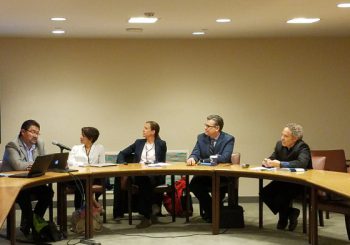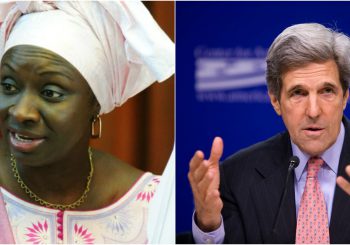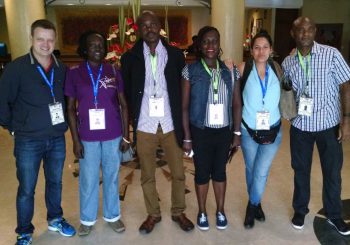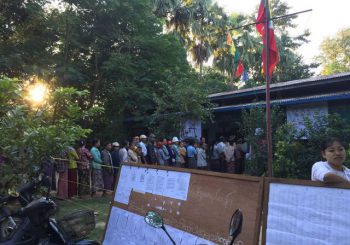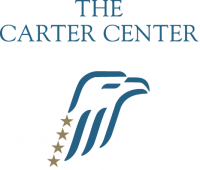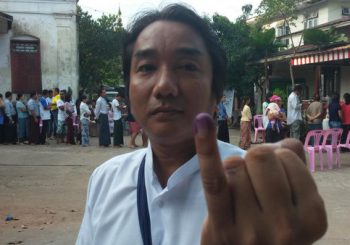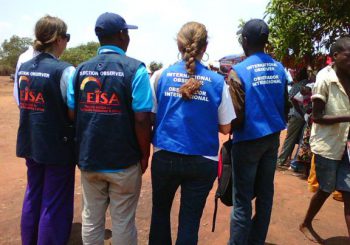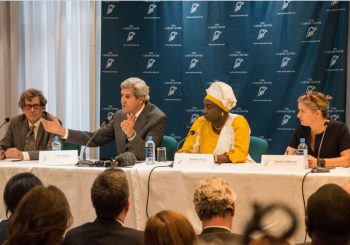
The Carter Center commends the people of Kenya for the remarkable patience and resolve they demonstrated during the Aug. 8 elections for president, governors, senators, the national assembly, women’s representatives, and county assemblies. In an impressive display of their commitment to the democratic process, Kenyans were undeterred by long lines and cast their ballots in a ge...
Read More

